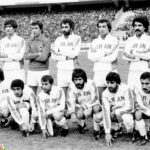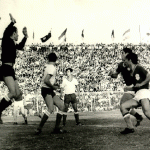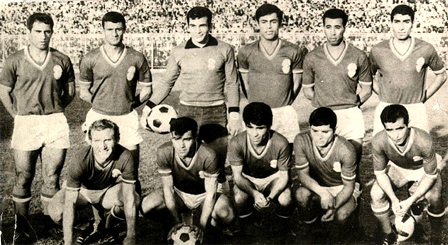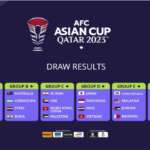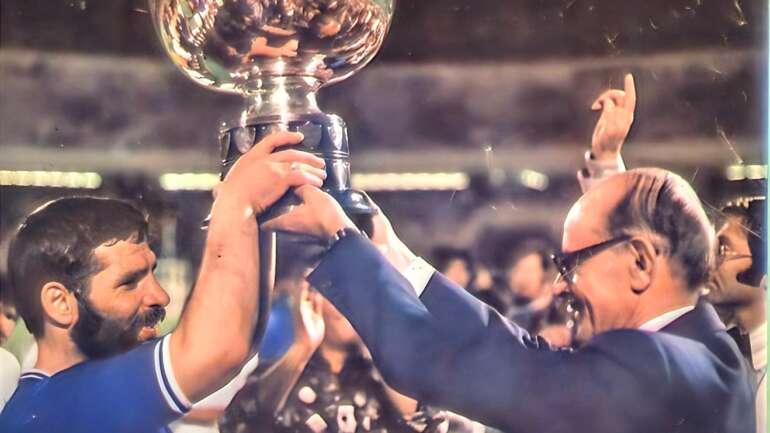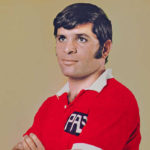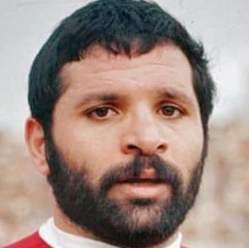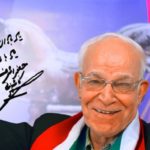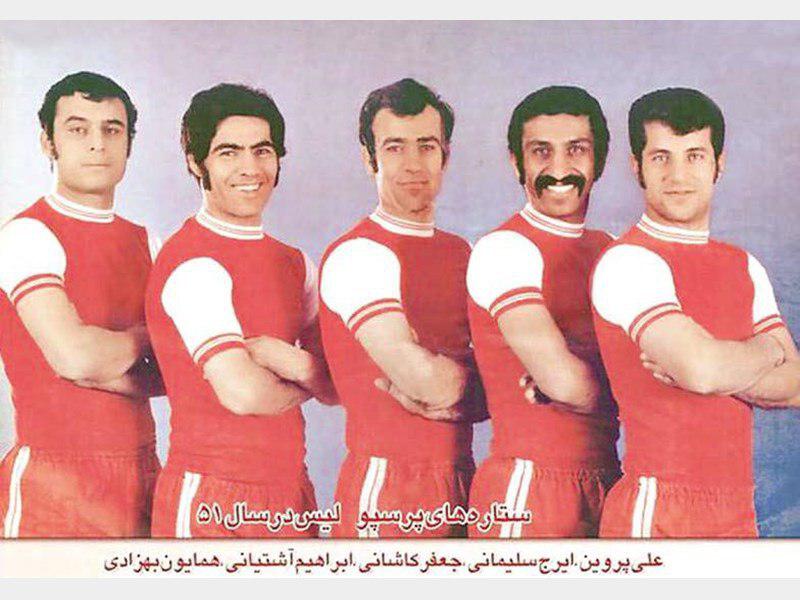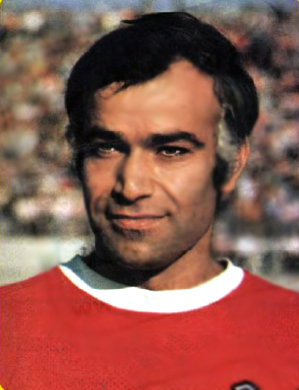The current Team Melli player’s dream of perpetuating their name with the right of being “the best generation in Iran’s football history”, lacks credibility and proof for perpetuation!
“I firmly state that this generation is the best generation in our (football) history.” After apologizing several times for failing in Qatar, Alireza Biranvand quite seriously uttered these words to a group of journalists
who had gone to welcome the defeated Team Melli in the Asian Nations Cup.
The goalkeeper, who conceded 7 goals in 6 games in the AFC Asian Cup 2023 and failed to keep a clean sheet except against Hong Kong, considers himself and his teammates to be the best generation in the history of Iran’s football, for
The current Team Melli player’s dream of perpetuating their name with the right of being “the best generation in Iran’s football history”, lacks logic and proof for perpetuation!
“I firmly state that this generation is the best generation in our (football) history.” After apologizing several times for failing in Qatar, Alireza Biranvand quite seriously uttered these words to a group of journalists who had gone to welcome the defeated Team Melli in the Asian Nations Cup.
The goalkeeper, who conceded 7 goals in 6 games in the AFC Asian Cup 2023 and failed to keep a clean sheet except against Hong Kong, considers himself and his teammates to be the best generation in the history of Iran’s football, for no good reason. As soon as you hear this sentence of Beiranvand, the question begs, what have the current Team Melli players achieved to lay such a claim, and how does he (Beiranvand) consider this squad as special and unrepeatable? The answer is very short: nothing!
no good reason. As soon as you hear this sentence of Beiranvand, the question begs, what have the current Team Melli players achieved to lay such a claim, and how does he (Beiranvand) consider this squad as special and unrepeatable?
The answer is very short: nothing!
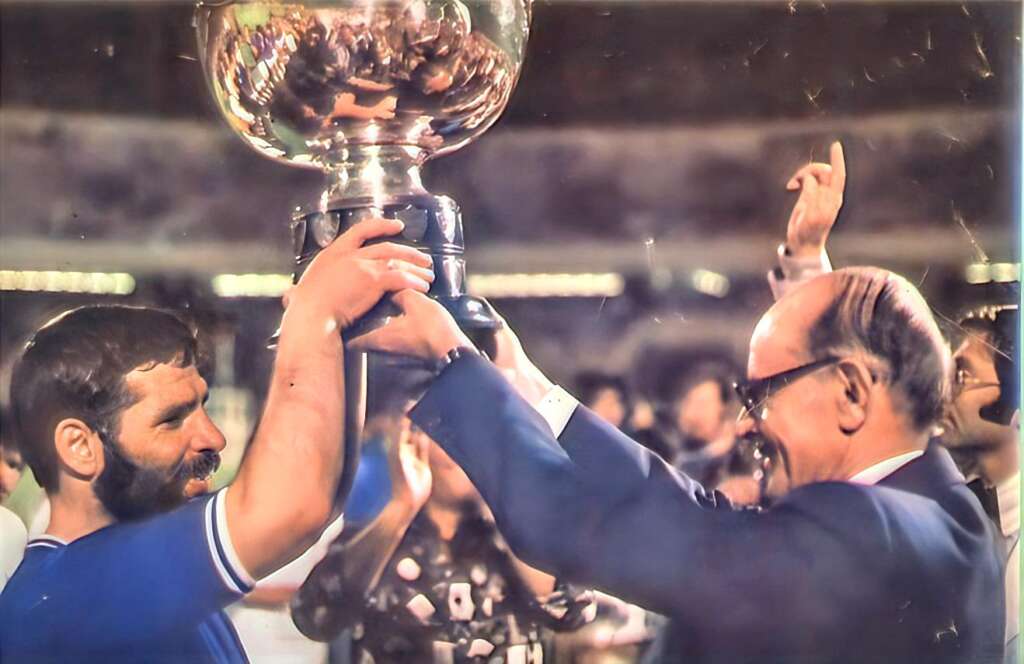
T
The best generation that this 31-year-old goalkeeper is talking about did not make it to the next round from the group stage of the World Cup in two attempts (2018 and 2022) and in two tournaments of
the Asian Cup (2019 and 2023) disappointed the fans by not even reaching the final let alone lifting the trophy. In terms of achievements, the current Iranian team is clearly nowhere near being labeled the best generation in the history of |Iran’s football. Perhaps Beiranvand means the presence of some
players abroad, which is also a misleading claim. Apart from Mehdi Taremi in Porto, Sardar Azmoun in Rome, and Saman Ghoddos in Brentford, no other players are active in the top 5 prestigious European leagues. Yes, that’s right, none!
Could it be that Beiranvand is referring to his performance in the team? Even that is incorrect in every sense.
To remind Beiranvand and other players of Team Melli as well as some fans who have not experienced the true meaning of the success and joy of Team Melli, so far, the best generation in the history of Iranian football were the players who won the AFC Asian Cup for 3 consecutive terms, 1968, 1972 and 1976. With such a unique achievement, yet to be repeated in the history of the AFC Asian Cup, no player of that generation made such a claim. 12 years of success and unbeaten in Asia until the semi-finals of the 1980 edition, under very difficult circumstances while the country was attacked and invaded by the Iraqis with players’ morals at their lowest, Iran lost to |Kuwait, the eventual title winner, in the semifinals.
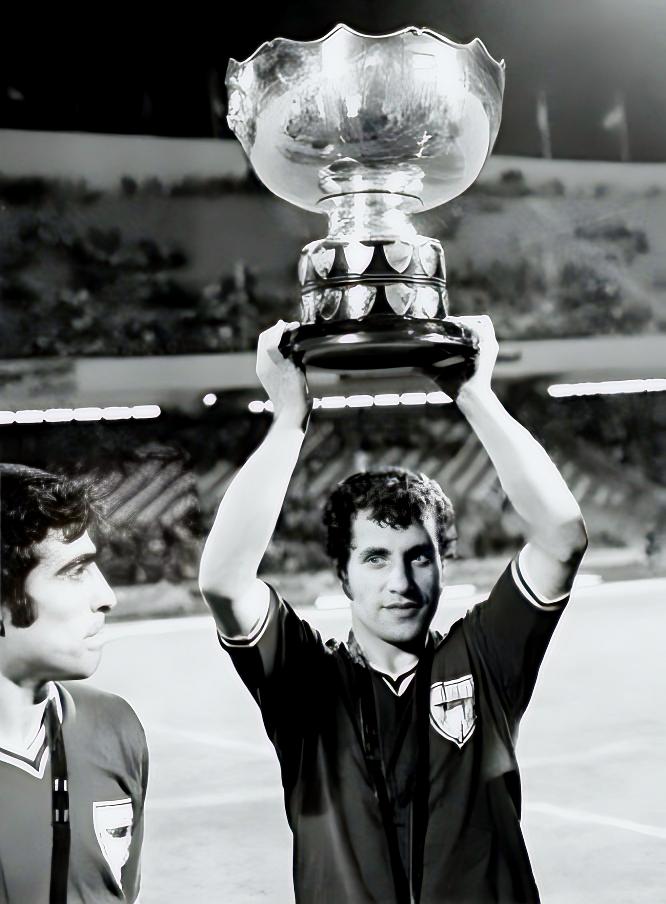
Team Melli, under the leadership of Mahmoud Bayati, Mohammad Ranjbar, and Heshmat Mohajerani, won the Asian Cup three times but none of the players of that team ever called themselves invincible even after this hat-trick of championships. even though in in the last Asian Championship, Iran was so brilliant with Mansour Rashidi in goal that they had a clean sheet in all matches winning the championship without conceding a single goal. Maybe if Beiranvand had achieved such records, he would have considered himself the best goalkeeper in the world.
Iran has had no shortage of failures during the Asian Cup tournaments, but the point is that if, for example, the team of 2004, in which Mehdi Rahmati, Javad Nekounam, Yahya Golmohammadi, Ali Daei, Ali Karimi, Arash Burhani and… were playing. They could have claimed to be the best generation, some would have accepted it because it was only a penalty kick that deprived them of the finals. A similar can be claimed from the 1996 squad with the likes of Daei, Khodadad Azizi, Minavand, Karim Bagheri, and Mahdavikia.
The generation that became the champion of Asia for three consecutive seasons with unrepeatable honor is not much remembered these days, but do Beiranvand and his teammates expect to be remembered as the golden generation? A nickname that they believe in even though they have not won a single medal?
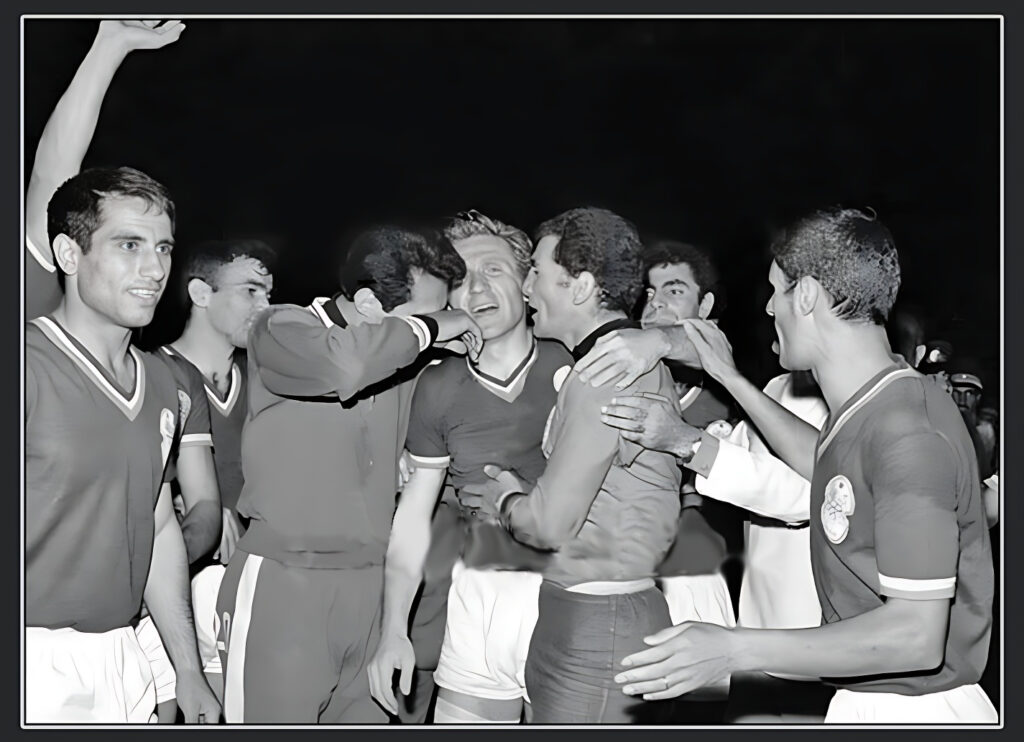
The game against Qatar is history now, as is the defeat against the USA, the bitter defeat against Japan in the semi-final of AFC Asian Cup 2019, or even the regret of Tarami’s last-second header against Portugal which missed by inches, It is better that instead of making such false claims like the best generation in history, Beiranvand or any player who thinks like that, face the reality that does not cast a shadow on the countless efforts for the success of the national team and the good name of Iran.
he elite of Ira’ns football are names such as Parviz Ghleechkhani, Hossein Kalani, Ali Jabbari, Hassan Habibi, Nasser Hejazi, Homayoun Behzadi, Hassan Rowshan, Gholam Vafakhah, Ali Parvin, Mostafa Arab, Ebrahim Ashtiani, Jafar kashani, Karo Haghverdian and loads of other that acheived glory for Iran. They can lay claim as being the best, not Beiranvand.
Perhaps after a short period when the national team players realized that one of the most attainable championship chances in the history of post-revolution Iranian football was lost in Qatar, they should have a nice apology from a generation that has not yet tasted success after 48 years. A generation that only a few people will know about them these days.

